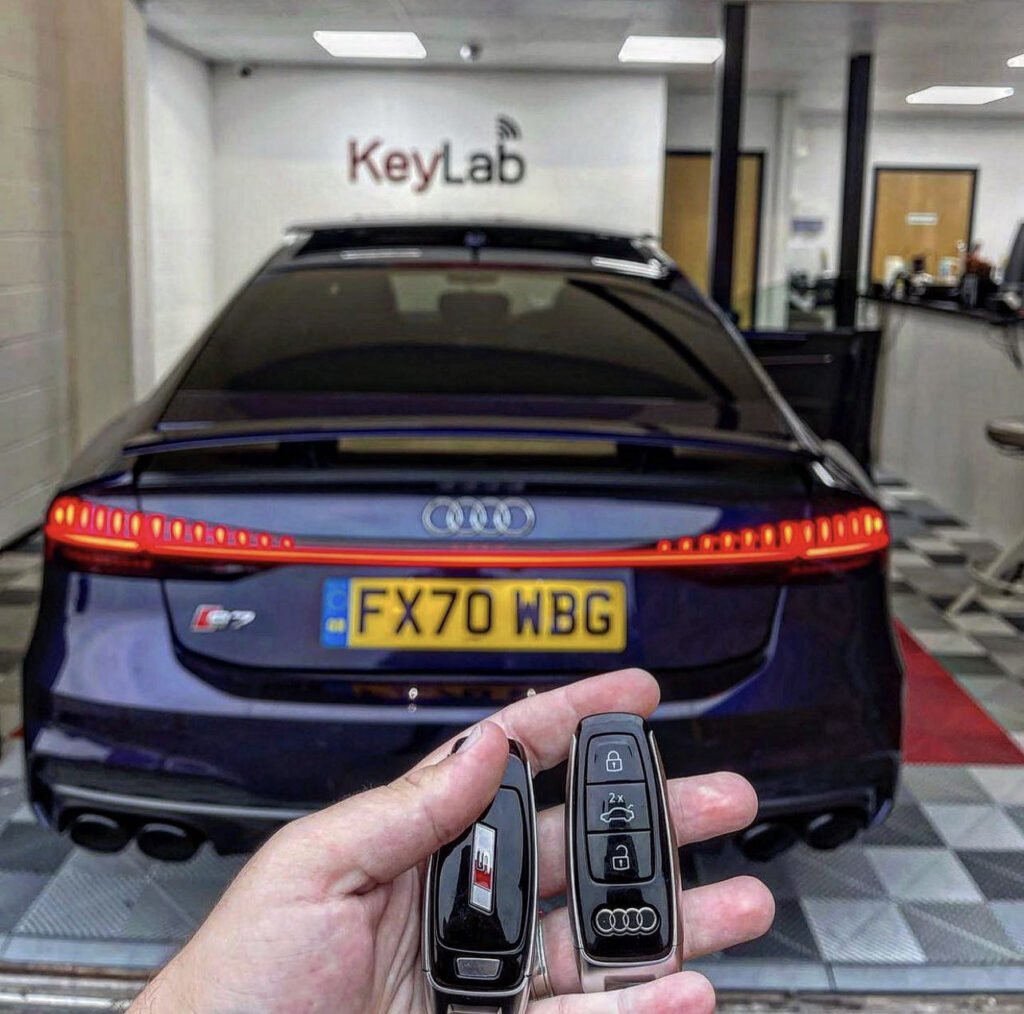What Is Car Diagnostics?
Car diagnostics is an approach that can be used to pinpoint the root cause of a malfunctioning car. The process involves analyzing the equipment that is found in all kinds of vehicles. However, it is more commonly used to refer to electronic-controlled vehicles. To determine if there are any problems the diagnostic process examines your car's fuel supply sensors, filters, and fuel. Your car's engine management software will look for codes that relate to various components.
Check engine light
The Check Engine Light is a sign that your car has an issue. The check engine light may flash or remain for a lengthy period. No matter what the reason is, it's important to have your car examined by an expert mechanic. You could end up damaging your car's emission control system, such as your catalytic converter, if you don't address the issue.
You must understand the way cars function in order to identify the cause of the check engine light. Cars have computers that communicate with their driver through icons. The engine-shaped icon that is orange within the instrument cluster comes on when a problem is detected by the computer onboard. These problems can be anything from a simple overheating problem to something much more serious.
A check engine light is a problem with the car's emission control system. It is an indicator of a potential problem and could be dangerous to drive. It is crucial to fix it quickly or it can result in more damage and expensive repairs. While the check engine light isn't always a danger to drive with but it shouldn't be ignored.
If you're unsure what's wrong it is possible to purchase an OBD-II scanner to pinpoint the issue. These scanners cost up to $100 and will provide a rough idea of the issue with your vehicle. Based on the severity of your issue, they can help you determine what to do next. In the meantime, don't panic when your car's check engine light comes on Be calm, pay attention to the symptoms in your car, and ensure that you get off the road as soon as possible.
Oxygen sensor tests
There are two methods to check the oxygen sensors in your car. To determine the voltage of your oxygen sensor, first employ an OBD2 scanner. If the sensor is functioning correctly, the voltage should change from rich to lean at a steady speed. The voltage should be between 0.1 to 0.9 voltage. If it fluctuates, it could be an issue with the oxygen sensor.
The oxygen sensor is working correctly if the readings are constant. It should be within the range of 100mV-900mV. It should be within the range of 100mV - 900mV. If it's lower than this, it is a sign of that there is a problem. If the readings rise to over this range, the sensor is not working properly. The next step is to remove the hose from the PVS valve. This will allow for plenty of air to enter your engine.
A voltmeter is the ideal method of determining the voltage in the O2 sensor of your car. A high-quality voltmeter is required. This is because the current voltage from your car's o2 sensor needs to be between one millivolt and one volt.
A multimeter can be used to verify the voltage, if not sure. The multimeter can give you the readings from the oxygen sensors in the downstream and upstream. If you have a multimeter, ensure that you warm up your car prior to conducting tests. Once it's warm, voltage of the digital multimeter should fluctuate between 0.1 1 volt and 0.1. The oxygen sensor could be malfunctioning if the readings don't match this range.
Diagnostic costs

When it comes to the cost of car diagnostics, there are several factors that influence the final cost. Although most issues are easy to fix complicated issues can be costly. It is possible to replace components of your engine, such as. If this is the case, consider seeking a second opinion. Keep in The Key Lab that some auto repair shops may charge you more for diagnostic tests. Beware of being ripped off by finding an honest auto shop with a good reputation.
You can also purchase a car diagnostic instrument online for as little as $25. These tools are similar to ones used by mechanics and auto parts shops. These tools can help you pinpoint the problem before you take it to a mechanic.
The average cost of diagnostic tests ranges from $88 to $111 for a general diagnosis. If the issue is more complicated the shop may require additional time and money to finish the diagnosis. These costs are usually lower than the total cost for repair. These fees are just the beginning of the cost.
While diagnostic tests may cost more than other repairs, you should keep in mind that you're investing in your vehicle over the long term. Car diagnostic tests can help you identify the issue early and prevent an expensive expense.
A sign of a problem a car system
The electrical system controls the lights and is one of the most important components in the automobile. The lights keep drivers safe and illuminate the interior, especially at night. If your lights suddenly stop working or get dim it could be due to an issue with your electrical system. This could be a sign of a problem with the alternator belt or a dying battery.
